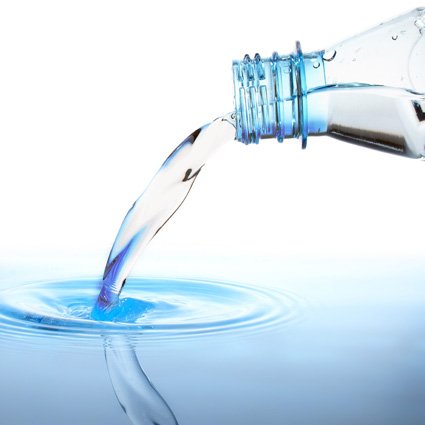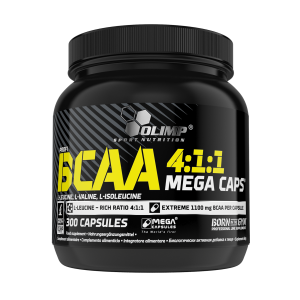The body's demand for water and electrolytes

WATER AND ELECTROLYTES
With increased physical activity, the body is depleted of a considerable amount of water and electrolytes, which can impair the proper regeneration process, reduce the work efficiency and cause health complications. In normal surroundings, a person loses approximately 25 ml to 50 ml of water per hour, but with increased physical activity these losses may reach 2-3 l/h and cause a capacity decrease by up to 30%. Such a significant loss of water results mainly from the ongoing thermoregulation processes. During muscle work, when the rate of burning the energy components (carbohydrates and fatty acids) intensifies, the body increases its heat production. In conditions of severe thermal stress (e.g. when working in a hot setting), sweating may remain at the rate of 1 l/h after the completion of training – or higher – for several hours later. An efficient thermoregulation system is for athletes the key mechanism that protects their body from overheating. With one litre of sweat, the body removes as much as 580 calories of heat. The speed of this process, however, depends on various factors, such as individual predisposition, age, emotional state, fitness level, intensity and duration of exercise, as well as ambient temperature and humidity. An increased demand for water in sports is also related to the type of diet. With an increased food consumption, there arises a need for delivering more fluid, which is associated with intensified metabolism and removal of metabolic waste products. After consuming food providing 5,000 calories, there are 50 100 g of solids that must be excreted in the urine. It is estimated that 1 kcal of the food consumed should correspond to 1 ml of water.
The loss of substantial amounts of water in the body can contribute not only to metabolic and thermoregulatory mechanism disturbances, but also cause severe electrolyte imbalance of the body. The extracellular and intracellular fluids consist not only of water, but also mineral salts and various compounds present in it. The loss of water with sweat, faeces and urine is always accompanied by loss of electrolytes. Therefore, after a completed workout, it is important to aim not only at replenishing water, but also the lacking minerals. For this purpose, athletes are recommended to take the so-called isotonic drinks containing water with just an appropriate amount of mineral salts and carbohydrates. Drinking only water can lead to excessive “dilution” of the extracellular fluid and, consequently, the water will penetrate inside the cells to make the concentrations equal. At the same time, excessively hydrated cells will be freeing themselves of potassium ions, which can lead to severe muscle cramps. On the other hand, drinks with a too high concentration of electrolytes (such as fruit juices) are transported longer through the gastrointestinal tract and absorbed slower into the blood, which may also impair the proper body rehydration.
Practical recommendations regarding water and electrolytes
- Loss of water and electrolytes should be corrected no later than 24 hours after a workout or competition. Drinking liquids in quantities that merely satisfy the feeling of thirst may be not sufficient. In such circumstances, water is replenished only in 60-70%, as a consequence of which the body may still remain in a state of dehydration for some time. Please note that, despite adequate fluid intake, water loss may be compensated only after several hours, and sometimes even the next day.
- After completed exercise, it is advisable to drink about 500 ml of isotonic liquid in small portions. Next, approx. 100-200 ml should be drunk regularly every 15-20 minutes, regardless of thirst. By doing so, over half of the lost water should be replenished within 90 minutes after a workout or competition and the remaining 50% within the next 24 h.
- To prevent dehydration of the body during training at least partially, an athlete should take an appropriate amount of isotonic drink before starting it. It is recommended that 15-30 min before a workout approx. 500 ml of liquid is drunk in small portions, which will provide some reserves of water.
- Never forget liquids during exercise.
BACK ›

